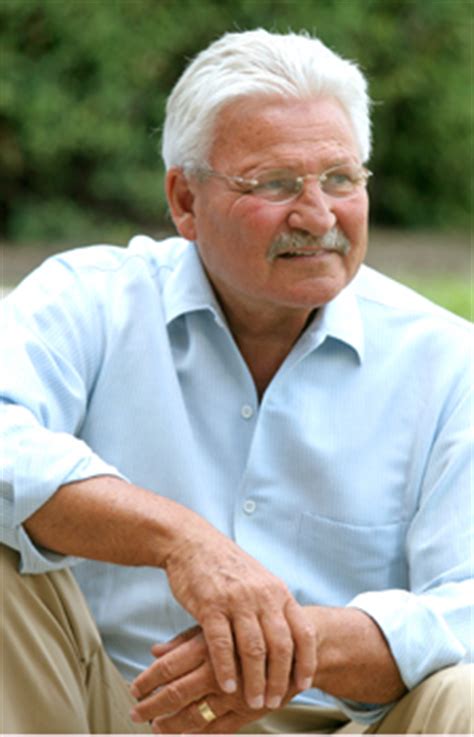A Quote by Quentin S. Crisp
I do not think that my spiritual apprehensions are as dogmatically cultural as those of many people who have been brought up strictly in a particular tradition.
Related Quotes
The ideological and cultural revolutions have been promoted successfully in the countryside with the result that the ideological and spiritual qualities of our agricultural working people have been transformed remarkably, and a great development has also been achieved in the realm of cultural life in the countryside.
I use are provisional terms, and they usually put any proper nouns in critical distance. I'm in a tradition of people who resist naming, fixity. That means it's a tradition of people who insist on mobility, who defy proper nouns and genres and those kinds of things. When I push back against the word 'jazz' it's because I've learned that from many, many elders who think that way. I'm not just being a jerk.
Television is just amazing - how many people see it and how many people recognize you, and I think once you've had the opportunity and have been in front of the public, it's very flattering to have people come up and say hello to you. It's a tremendous industry. I've been in places where people come out of the woodwork. And you would never think - small towns in France or traveling through Europe - and there are so many of those people there that recognize you, and you've been in their homes. I find it to be a very flattering thing.
There is in our society a gulf opening up, a kind of cultural apartheid, between those who are brought up to feel our national culture is theirs, to take ownership of it, and enjoy the privileges of that, and those who are completely disfranchised, those - for example - who will never be taken to the theatre to see Shakespeare.
This is why God created so many different religions: to be training grounds to make a path for every people, culture, custom, and tradition. Religions polish people to be qualified to enter the region of the original homeland. Because of humankind's many different cultural backgrounds, God sought and set the standard of comparison and has been leading the way toward one unified religious world.
Those who feel guilty contemplating "betraying" the tradition they love by acknowledging their disapproval of elements within it should reflect on the fact that the very tradition to which they are so loyal—the "eternal" tradition introduced to them in their youth—is in fact the evolved product of many adjustments firmly but delicately made by earlier lovers of the same tradition.

































